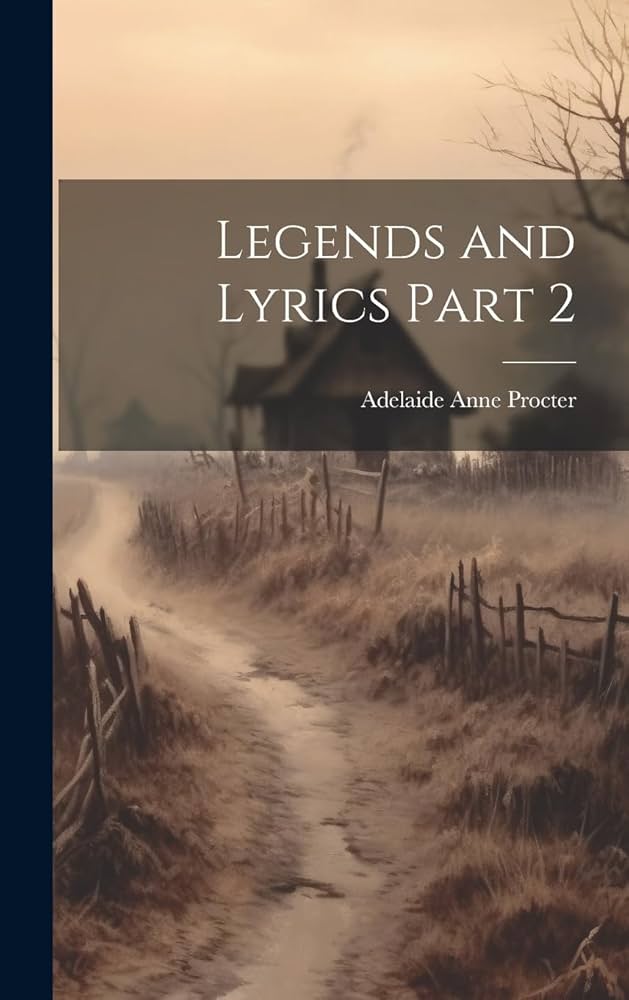VERSE: My Will
byMy Will begins not with possessions, but with presence—the kind of presence that lingers even after parting. The speaker, without land or riches to leave behind, chooses instead to pass on pieces of their spirit. These are not grand inheritances of gold, but memories, encouragement, and affection sculpted by time and care. Each recipient is offered something deeply personal: a name carried with tenderness, a task that echoes shared conviction, or a love untouched by bitterness. These gifts are quiet, yet profound—crafted not to impress, but to comfort and inspire. In this giving, the speaker reveals what they truly valued in life: connection over accumulation.
To Mabel, the speaker entrusts a memory that refuses to fade. It is not just the name that is left, but the quiet intimacy of being remembered exactly as one was. Her devotion, mirrored in the speaker’s regard, becomes a legacy of mutual loyalty. Mabel’s inheritance is not tangible, but it is enduring—a bond untainted by time, wrapped in stillness and trust. Such remembrance can be more powerful than any heirloom, offering the comfort of presence in absence. It is a way of saying, “You knew me best, and you will keep me closest.” This is not just about love; it is about being seen.
Bertha is handed a task that began with the speaker but remains unfinished—an act of hope and confidence in her ability to continue the vision. The work, though tangled, is given not as a burden, but as an opportunity to create something greater. She is trusted not only to complete it, but to infuse it with her own brilliance, surpassing what came before. Through this bequest, Bertha is reminded of her strength, and the impact she is capable of. The speaker gives her a legacy of faith—one that challenges and uplifts in equal measure. This gift is a promise: that effort and wisdom, when paired, can reshape the future.
To Ruth, a more demanding duty is left—a task that once shaped the speaker’s life and will now ask the same of her. It is not chosen lightly, nor is it romanticized. It is a labor of care, one that brings both weariness and worth. But Ruth is given it with trust, a sign that her endurance and heart will uphold its importance. The speaker acknowledges the toil ahead, yet offers it as a blessing more than a burden. Because sometimes, the most meaningful gifts are those that require us to rise. In giving this task, the speaker gives Ruth a piece of their purpose.
Alice receives something softer, but no less significant: a love preserved in its purest form. It asks nothing, and remembers everything. It will not grow bitter with time, nor be diminished by absence. The speaker offers it as shelter—a light in colder seasons, a warmth when the world feels distant. This is not about romance or reunion, but about constancy. Alice is told that even in silence, she is held close. In life and beyond, this love remains untouched, unshaken, and fully hers.
As the poem draws to a close, the speaker reflects on whether these gifts, so different from the usual spoils of inheritance, hold any true value. There are no keys, deeds, or treasures—only intangible truths passed from one soul to another. Yet it is this very simplicity that makes them priceless. With time, the recipients will understand the depth of what was given. These gifts, shaped by love, purpose, and trust, will not fade—they will grow richer. The speaker departs with quiet certainty that what they offered was enough. And in this, the poem finds peace.
In these final reflections, readers are reminded of how legacy can be redefined. It is not what we leave behind in vaults or bank accounts, but what we instill in the people we’ve touched. Encouragement, responsibility, love, and memory—these are the true heirlooms of a meaningful life. My Will honors this truth with clarity and grace. It tells us that even without wealth, we can pass on something of immense value. Something that endures long after we are gone, nestled in the hearts of those we cherished.

